Apps are focused, web is scattered — you can keep on switching the tabs and be able to explore, research/ refer through multiple links.
Apps are used in leisure time, they are not used in work time. One uses apps when they are completely focused or alone, for eg: public toilet. With advent of a new application, the time spent on the apps increased more and more.
Apps need users, millions of simultaneous users.
App creators always chase big numbers. For apps to be successful, they have to lock you in. Twitter changes its business model/ features more and more to keep users engaged and to increase the active users.
Apps doesn’t offer flexibility which web in general offers like searching for something, going to youtube to watch a video on it, to visit the website to read more, then to listen to podcast on another website, unless ofcourse that’s the native functionality which rarely is the case.
Apps don’t much talk to each other so your data is stuck to one environment. All your virtual achievements within the app are limited to it, and so is your content. That’s the reason why big apps grows bigger and bigger and users will have to come back to app to be able to access their own data. Moreover, when you upload your pics to apps, the data is managed in accordance to their terms of conditions.
You won’t ever know what’s going in inside the app, what did the update really added to the app. With websites, you can highlight the content, copy it to save as a note and maybe send it to your friend, get it translated, listen to it through assessibility options, you can block ads none of them is possible in apps.
Web is more open, anyone can learn web development within an hour.
Web is independent of operating systems so you won’t have to wait for an year to get an iOS version of the app.
Web is decentralised, it is shareable, more accessible, gazzalion times more than the web.
Inspired by Christian Heilmann’s Ted Talk.
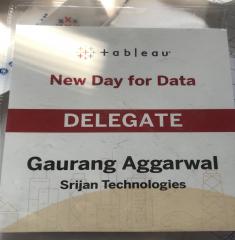
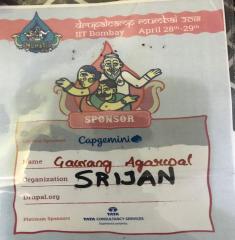
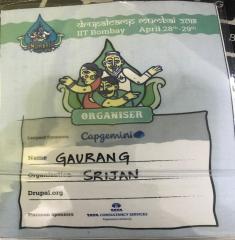
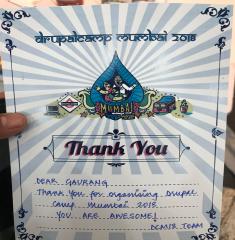
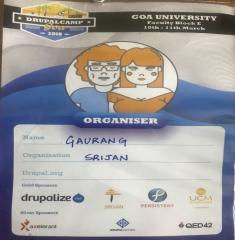
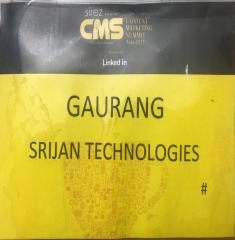

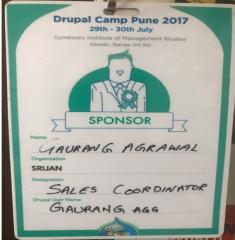

Add new comment